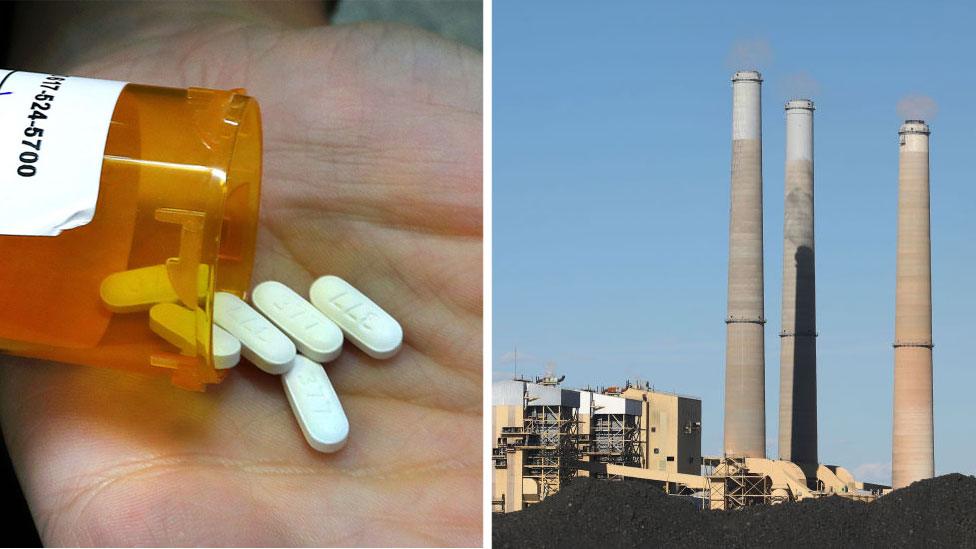US election primaries: Game over for Bernie Sanders?
- Published
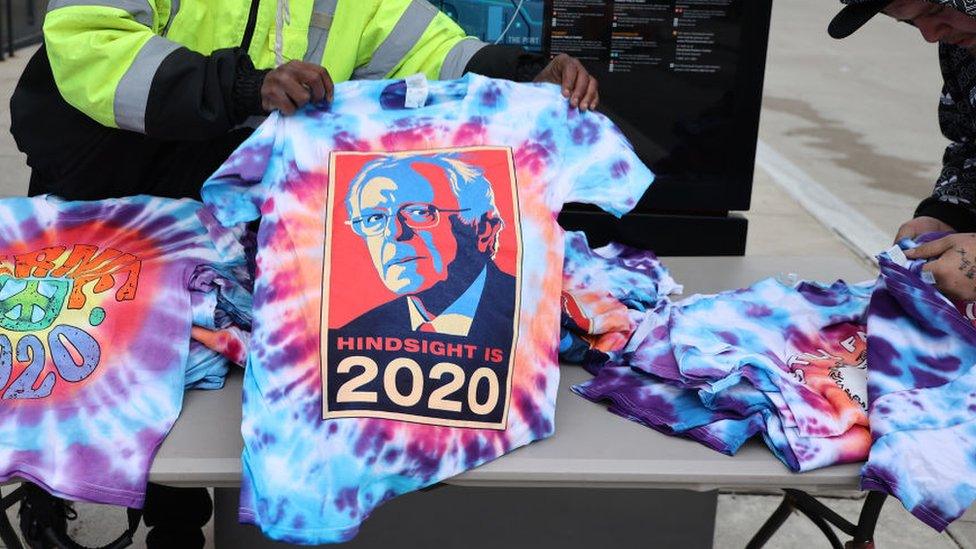
Mr Sanders will be doing some soul-searching on whether to continue his 2020 campaign
Tuesday may end up being the day Joe Biden put the Democratic nomination out of reach.
With dominating wins in Florida, Illinois and Arizona, he padded his previous 894 to 743 lead and moved closer to the magic 1,991 number of delegates to secure the nomination.
In a normal political world, this would be the lead story, as attention turns to a Biden matchup with Donald Trump in the autumn.
This is not, however, a normal political world. It's not a normal world by almost any measure.
Voting in the shadow of a virus
Tuesday was supposed to be Super Tuesday, the sequel, with four big-state contests. Due to the coronavirus outbreak, Ohio - and its 136 delegates - has indefinitely delayed its in-person voting, even though many in the state have already cast early or absentee ballots.
In the other three states, Illinois, Florida and Arizona, the primaries were held as scheduled. The latter two have robust early voting systems, which means any drop in same-day balloting had less of an effect on total turnout.
In Arizona, for instance, early voting exceeded the entire turnout in the state's 2016 Democratic primary - and the state was called for Biden just a few hours after polls closed there.
Illinois, however, relies heavily on election-day turnout - and reports from the state indicate that last-minute polling station closures, election-site volunteer no-shows, and a lack of election supplies and disinfectants caused considerable confusion among the state's voters. Turnout was down from 2016 levels, as some were turned away without casting ballots, while others had to wait in long lines and crowded rooms, prompting a court order to keep the polls in Chicago open for an extra hour.
Once the polls did close, Biden was quickly projected by several US media outlets to be the winner. His apparently easy victory, however, will not put to bed concerns that what happened in Illinois on Tuesday was a harbinger of elections to come if political leaders in Washington, DC, and the states don't start preparing the machinery of democracy for operation during a pandemic.

Read more on Joe Biden

WHO IS HE? Third White House run for 'Middle Class Joe Biden'
THE CONTROVERSIES: Joe Biden, the touchy-feely politician
ON THE CAMPAIGN TRAIL: Watch Biden on 'No Malarkey' tour
WHERE HE STANDS: Against other Democrats like Obama
HIS RIVALS: Choose your candidate and filter by category
Biden curses Michigan voter who said he's taking Americans' guns.

A Florida romp
Despite the coronavirus, Florida's Democratic primary turnout appears likely to be above the 1.7m who voted in the state's 2016 Democratic contest - and Biden won those voters in a rout.
The electorate there is retiree-heavy, playing into a strength Biden has demonstrated since his electoral rebirth earlier this month. Once again, older voters demonstrated that they're more comfortable with the former vice-president's talk of incremental change, rather than Sanders' revolutionary zeal.
In central Florida's Sumter County, which has the state's oldest average age, Sanders finished third - behind Biden and Michael Bloomberg, who dropped out earlier this month.
Biden also performed well with Florida's Hispanic voters - a demographic that was a strength for Sanders in earlier contests.
Unlike states like Texas and Nevada where Sanders dominated, however, Florida's Hispanics mainly hail from the Caribbean and South America - and many recoil from Sanders' "socialist" label, which they associate with despotism.
Given the size of his victory, Biden may end up almost doubling his overall delegate lead over Sanders on the strength of his Florida win alone.
Biden will have to win over young voters like Alexis and Amira.
Please hold...
Now the Democratic primary contest enters a state of suspended animation, as a growing list of states announce their plans to delay their primaries until June. Even the Democratic National Convention, scheduled for July, is in doubt if estimates of the virus continuing to be a threat well into the summer are accurate.
What that could mean for the party, which relies on the convention to showcase its nominee, is anyone's guess. This is indeed uncharted territory in modern US politics.
What it suggests in the short term, however, is that while Biden's lead is probably insurmountable for Sanders barring a major reversal of fortune, many of the Vermont senator's faithful will still hold out hope that a delay can give Democratic voters in the remaining states a chance to reconsider their choice.
Some have suggested that the decision to continue with Tuesday's primaries is evidence that the Democratic Party establishment is trying to crown Biden before their man can surge back into contention - given them all the more reason to soldier on.
Others point to a handful of recent national polls showing Biden's lead narrowing - which they believe could be an indication that they are poised to regain momentum, as a pandemic and looming economic collapse highlight what they see as the need for his sweeping reforms.
Sanders should have a long think about how long he wants to stay in this fight, however, even if he does have more than enough financial resources to carry on.
He was swept on Tuesday and lost five out of six contests last week. With the primary calendar in the coming weeks emptying, there's little opportunity for him to change his momentum at the ballot box anytime soon.
Sanders is going to face growing calls from Democrats to gracefully bow out - something he did not do until the eve of the convention four years ago, much to the consternation of many Hillary Clinton supporters.
The bottom line for Sanders may be evaluating what's best at this point for the movement he created. Will staying in the race give him a greater platform to talk about his issues and buy him time for a comeback? Or will hanging around only increase the chances that he is relegated to an electoral afterthought?
- Published3 February 2020
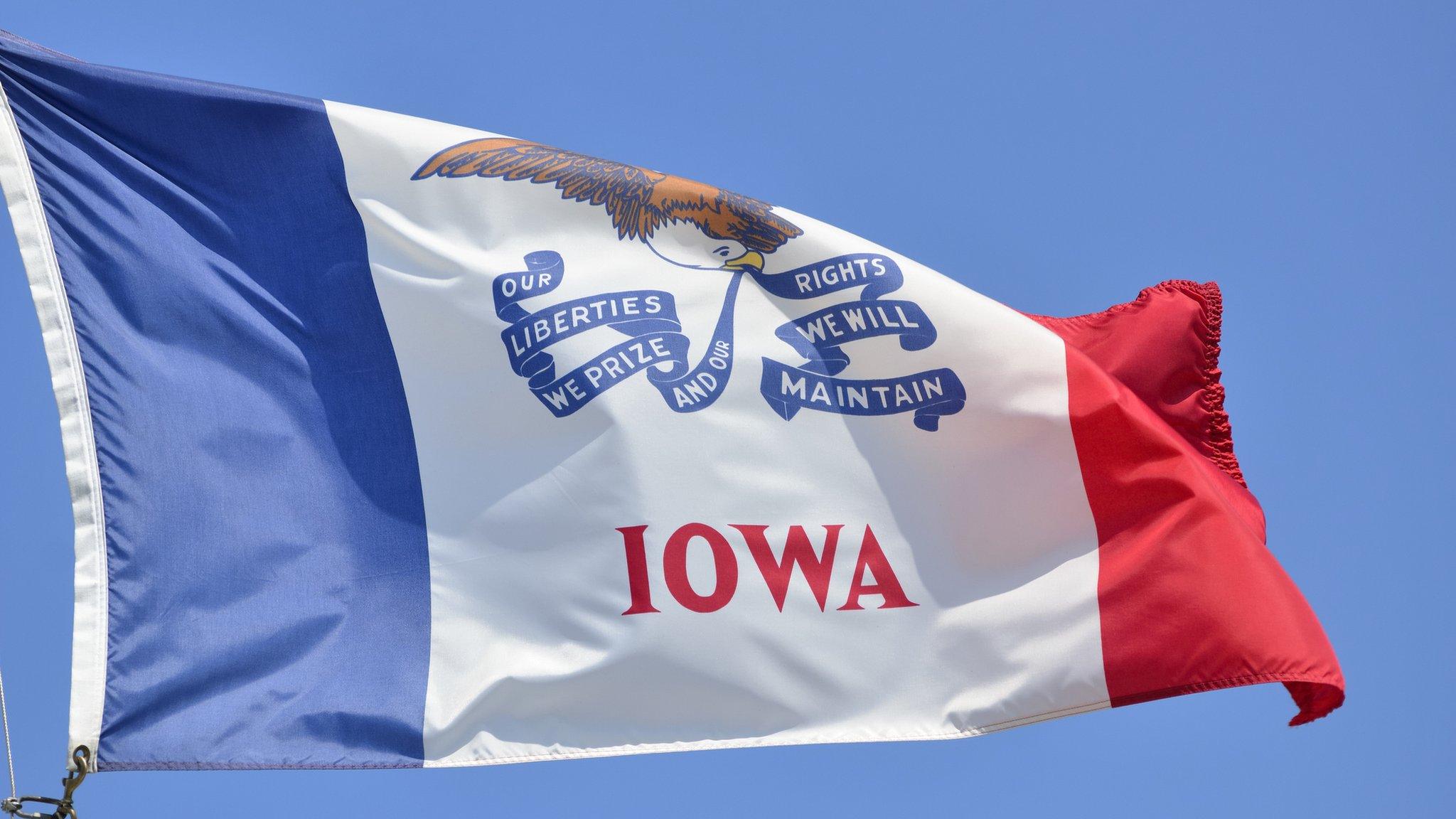
- Published5 March 2020
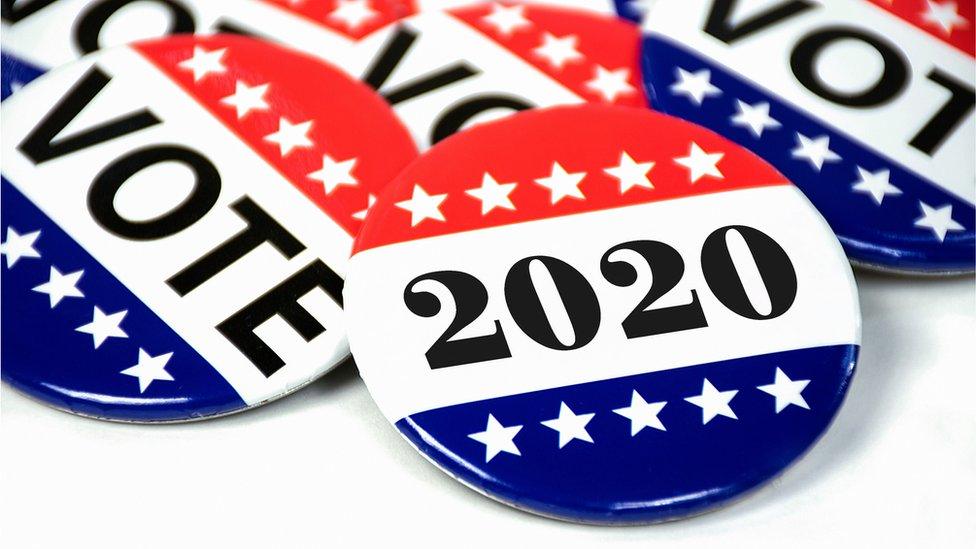
- Published19 May 2020
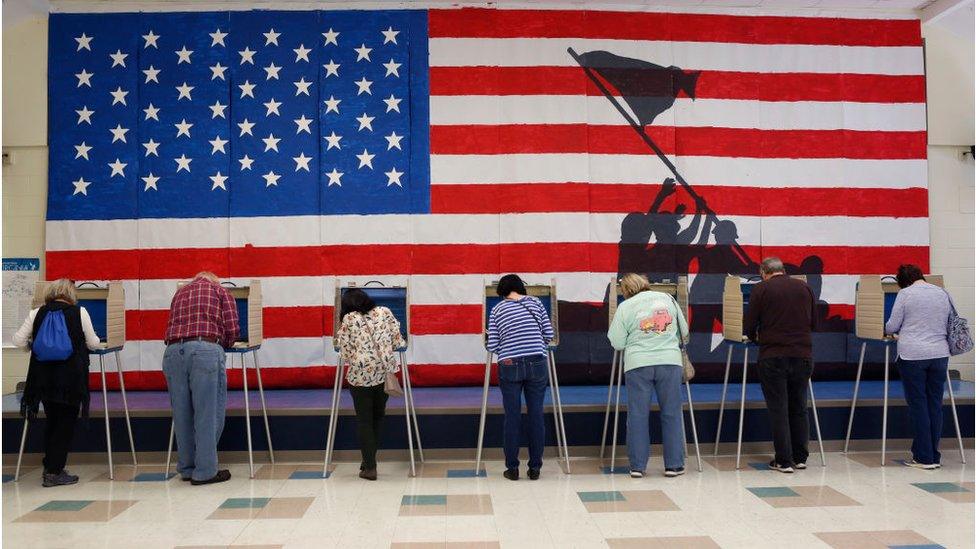
- Published9 December 2019
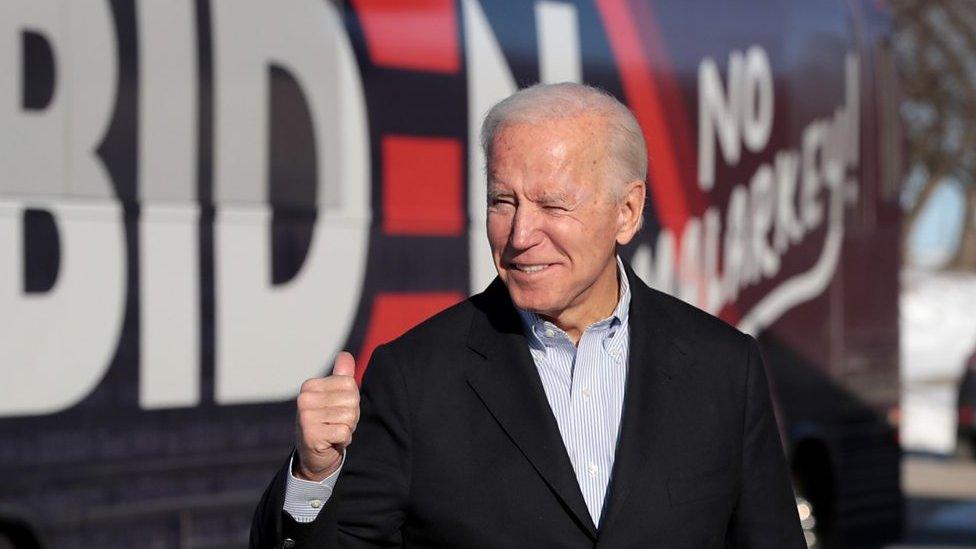
- Published2 March 2020
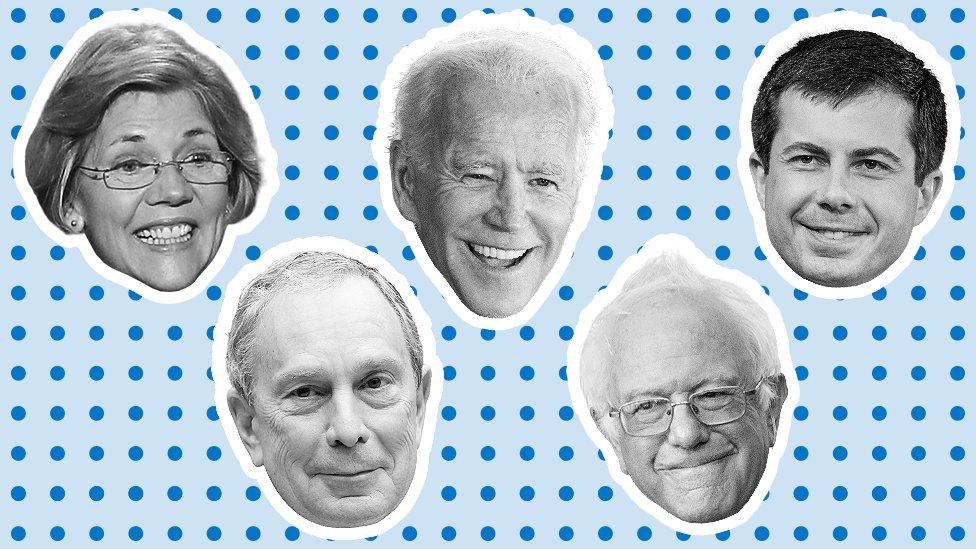
- Published17 January 2020
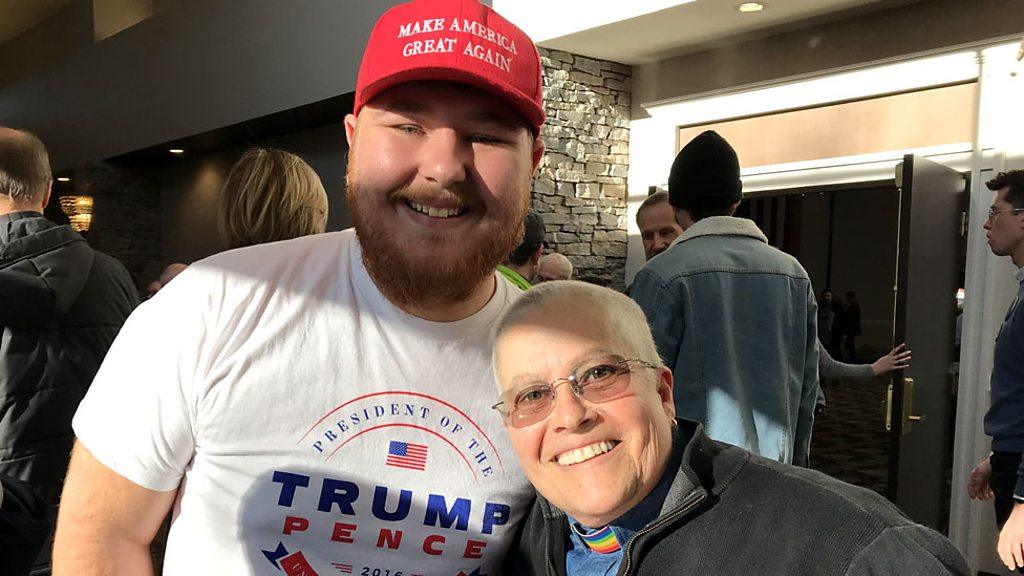
- Published4 February 2020
